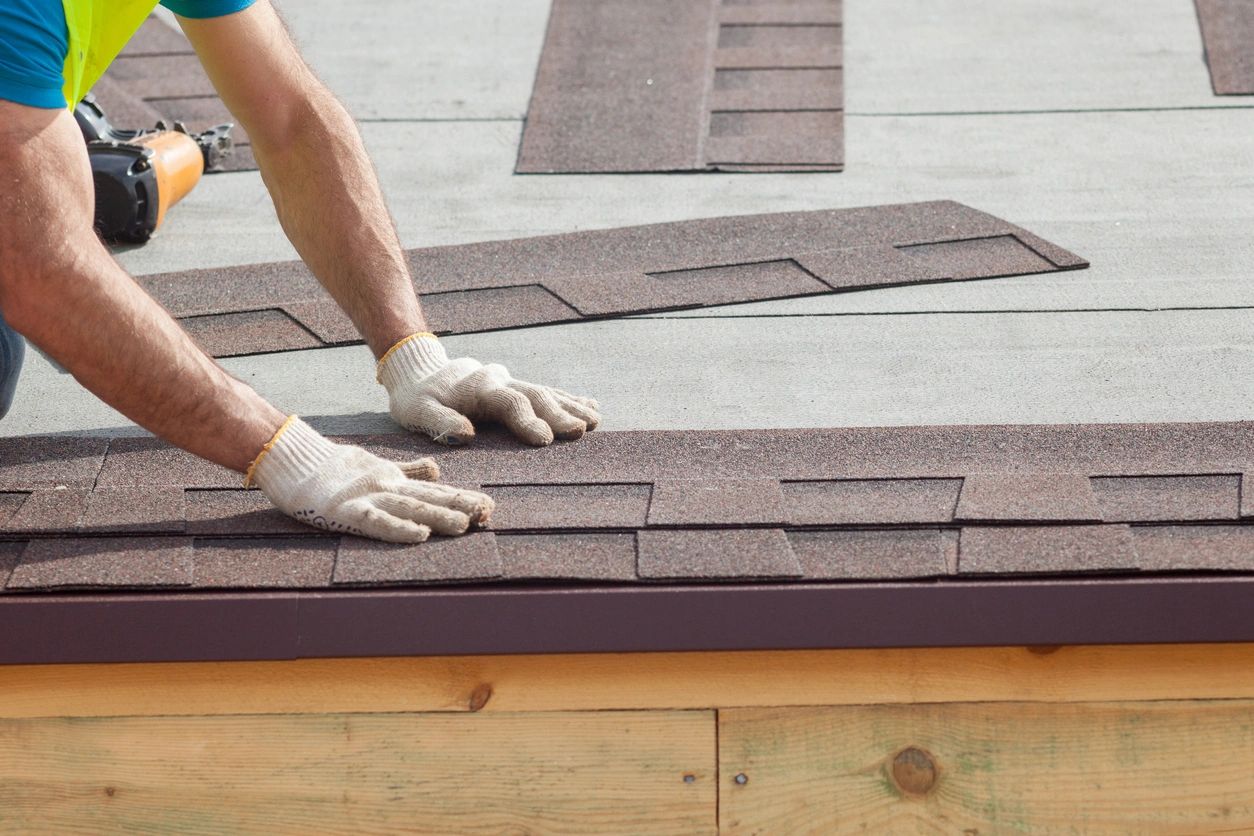Builders Risk Insurance
Builders risk insurance is a specialized type of property insurance designed to protect construction projects from potential risks and hazards. It provides coverage for damage or loss to a building or structure while it is under construction, renovation, or repair. This type of insurance typically covers a wide range of perils, including fire, theft, vandalism, windstorms, and natural disasters. Builders risk insurance plays a crucial role in safeguarding the financial investment of contractors, builders, and property owners during the construction process.
One key aspect of builders risk insurance is its coverage of the physical structure and materials involved in the construction project. This can include the building itself, as well as any temporary structures, fixtures, and equipment on the construction site. The policy is usually tailored to meet the specific needs of the project, with coverage limits determined based on the estimated construction costs. In the event of damage or loss, coverage provides funds to repair or replace the affected property, minimizing the financial impact on the project stakeholders.
Another important feature of the insurance is its ability to cover time-related expenses. Construction delays can result in significant financial losses due to increased labor costs, extended project timelines, and other associated expenses. It may include coverage for additional costs incurred as a result of project delays caused by covered perils. This can help mitigate financial risks and provide peace of mind to contractors and property owners, knowing that they are protected against potential setbacks that may arise during construction.
Builders risk insurance policies often have specific conditions and exclusions that need to be understood by all parties involved. Common exclusions can include damage caused by faulty design, employee theft, and certain natural disasters like earthquakes or floods. It is important for project stakeholders to carefully review the policy terms and conditions to ensure that they have adequate coverage for their specific project. Additionally, the insurance is typically a temporary policy that expires upon project completion or occupancy, so it is crucial to properly time the coverage duration to align with the construction schedule.

